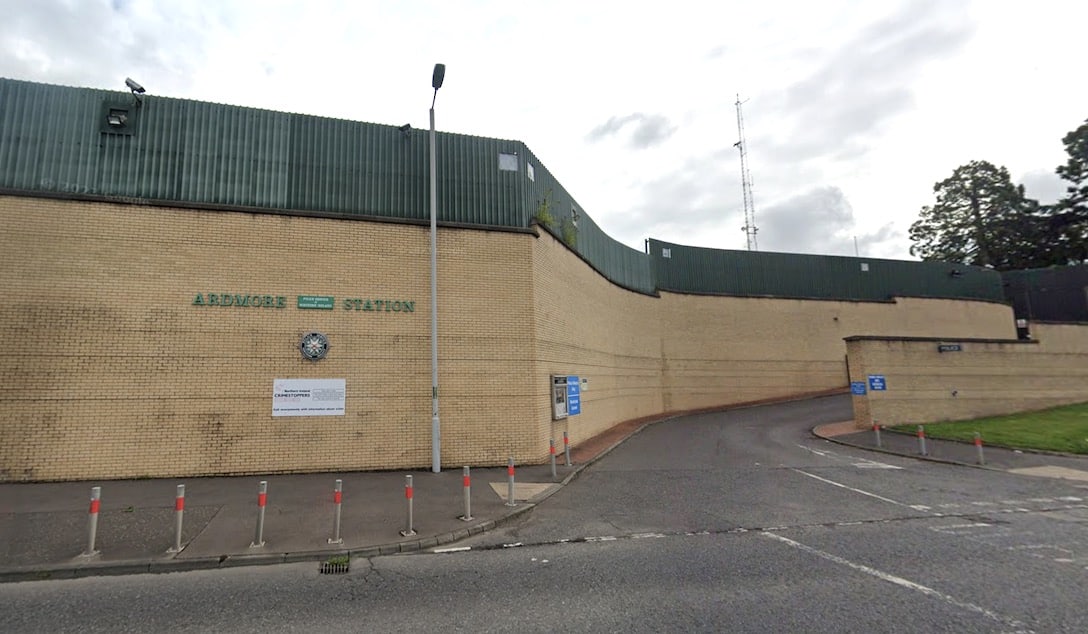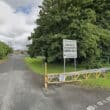
The PSNI has confirmed a serving police officer accused of paying for sexual services over a two year period has been suspended while criminal proceedings are underway
Colin Jamieson (57) with an address given as PSNI Ardmore in Newry faces 10 charges in total comprising six counts of paying for sexual services and four of attempting to pay for sexual services.
Offending is alleged to have occurred on various dates between June 12, 2021 and March 9, 2023.
The case, which is currently before Laganside Magistrates’ Court, alleges engagement with four different individuals.
The charges are hybrid offences, meaning it can be heard in either the magistrates or crown court, depending on the decision of the Public Prosecution Service. It appears Jamieson’s case is remaining in the lower level.
He is due to indicate how he intends to plead in respect of the charges on September 20.
The previous law around sexual services was repealed in Northern Ireland in 2015 under the Human Trafficking & Exploitation Act, taking the crime away from the sex worker and placing offender responsibility on the buyer instead.
Almost 10 years after the legislation change there have been very few prosecutions for paying for sexual services, leading to concerns the offence is being overlooked by those tasked with upholding and enforcing the law.
Last year, ahead of Anti-Slavery Week, the PSNI set out actions with partner organisations to tackle modern slavery and human trafficking.
However, in the course of this it was noted among premises “screened” for potential victims are brothels, indicating PSNI know these exist despite the running and use of such facilities being illegal.
Detective Chief Superintendent Andy Hill said the Modern Slavery and Human Trafficking Unit were joined by colleagues from right across the country with a collective aim to raise awareness, and support and safeguard innocent victims.
“Our team is 100% committed to tackling the horror of modern slavery and human trafficking, and we will continue to work day-in, day-out to do that … The joined-up and ultimate aim is to safeguard and protect vulnerable people.”
He said PSNI carried out visits with estate agencies and hotels and kept an overt presence at ports, airports and transport hubs to raise awareness and safeguard any potential victims.
However, the PSNI statement also contended safeguarding and screening exercises were conducted with ‘at risk’ locations, including car washes, massage parlours, nail bars and brothels.
The PSNI were asked to explain how they could know brothels exist but aren’t closing them down.
With the outlawing of purchasing sexual services, brothels by definition are visited by sex-buyers and controlled by others profiting from payment.
In response, DCI Hill did not answer the question, instead stating: “Cash-based businesses, such as car washes and nail bars, are at risk locations for labour exploitation. Properties that are at risk of being used as brothels include short-term, privately rented flats or houses, budget hotels or holiday properties.
“The aim of screening was to highlight potential signs and indicators of slavery and/or human trafficking. It involved highly trained officers conversing with those staff involved in the letting of premises in order to raise awareness of the signs. There were no concerns found during this operation.”
It was pointed out this did not answer the question, however, there was no response.






